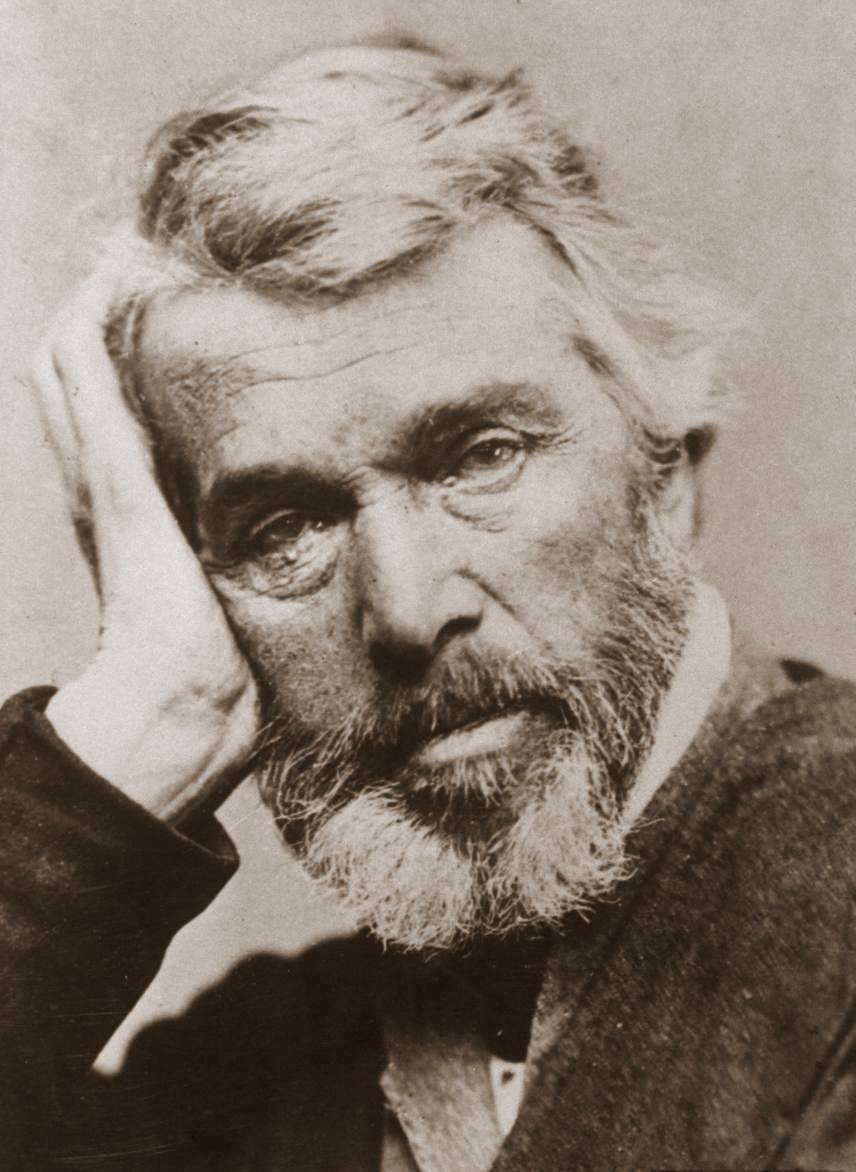Attributed to Carlyle in Dale Carnegie's How to Win Friends And Influence People (1936), but this quotation is not found in Carlyle's known works. The first mention found in Google Books dates from 1908, where the Rev. John Timothy Stone https://en.wikipedia.org/wiki/John_Timothy_Stone is quoted as claiming: 'The greatest critics of this world have been appreciators. Carlyle said, "You can discover a great man, or see a great man, by the way he treats little men.'
The quotation is subsequently found in slightly different forms, mostly in religious publications: "A great man shows his greatness by manner in which he treats little men" (1913, unattributed); The exact wording of Carnegie's quote suggests that it was taken from Stone's 1930 publication.
Disputed
